After the usual phone difficulties – one day I’ll be able to start writing one of these pieces without mention of the interviewers’ transnational telecommunications travails – I’m up and running and speaking to Dave Hill, vocalist of UK hard rock stalwarts Demon. We’re chinwagging because the band have just released a new album, Cemetery Junction – their thirteenth studio full lengther by my reckoning – and if that’s not reason enough to raid the Sentinel Daily phone Card coffers what is?
We’re talking now Dave, and the album has been out a couple of weeks – what have reactions been like? Are you happy with the way things are going at the moment? “It’s been tremendous actually. Really better than I could have hoped for. Everybody’s been really positive, some people have said it’s as good as we’ve done! After thirty six years, if you’re getting comments like that, it’s great”.
That makes it all worthwhile, doesn’t it? “It does. For me, even after all these years it’s still exciting to make an album and we always strive to make one that’s better than those that have gone before. We never put out filler just because we have some dates coming up, or something like that; if it comes to that then we won’t make any more albums. We still strive to make the better one! And by the way thank you very much for The Sentinel Daily review – it was really good, I enjoyed it. I think your reviewer knew who we were!”
I’d like to pick up on that point you make about the amount of time you’ve been doing this, and the excitement around recording new albums – do you approach making records differently now, is the process the same as when you made, say, (1982’s) The Unexpected Guest or have you changed the way you do things over the years? “It’s pretty much the same; technology has changed, studios have changed, all those other things – you don’t take your scissors into the cutting room anymore – but I’m an old-fashioned sort of songsmith. I’ll sit down with whoever – Neil Ogden, our drummer, and guitarist Ray Walmesley… it works the same for me. I’m a melody and lyric man, it has to come from the heart. I love a good song, from an era, any sort of music, and the bottom line is getting the song. And that’s the same as it was for The Unexpected Guest”.
And I think that attitude shines through with Demon. Even with your heaviest material, it’s still demonstrably song-driven, isn’t it? It’s not just riffs. There are melodies and hook lines in all of those songs. “Yes, that’s true. I listen to all sorts of music, always have. I grew up with Hendrix, Pink Floyd, Deep Purple, The Beatles, and the thing that always attracted me in most of those bands was strong melody. Seventies rock was built around that. That’s always been the case for Demon. Always strong on melody. You can build the rest around it”.

What are you singing about on Cemetery Junction? Do you find inspiration harder to come by as time goes on? It seems to me you’re singing with a lot of conviction on this record. “There are various subjects. Throughout Demon, the lyrics always fall on me; as you get older – and I’m an old man now – the way you see things becomes different, but I always like to pick on things from life. I have a book which I keep ideas in – maybe for years sometimes… To move away from the question a little, when we recorded Spaced Out Monkey in 2000 there was a song on that album called Streetwise Cowboy, about a guy I’d seen fifteen years earlier in London; I was walking down Tottenham Court Road and this guy came out of the trees looking like Clint Eastwood! Everyone followed him around like the Pied Piper, so I wrote about the ‘streetwise cowboy who no longer rides the range’… and then years later I was writing with Ray Walmesley and we came up with a tune and I thought yes! This is Streetwise Cowboy! I’m an observer of life and I do tend to stockpile things… On the new album the title track is about a character who used to come into a record shop that I owned in Leek in Staffordshire, where I live… long story short, he said he had lived before. He looked like something out of Dickens, like Mr. Bumble, but he was very educated. He used to tell me he’d lived before but I thought he was the village idiot. He’d say ‘I don’t care when I go but when I do I’ll come and tell you from the other side’. He passed away. Myself and Ray Walmesley went to his funeral, but there were no relations or family there, which I thought was odd. My wife thought he was mad… anyway, I was driving along some years ago – they buried him in the cemetery on Junction road – and I heard somebody on the radio mention ‘cemetery’ and ‘junction’ and my ear pricked up… I wondered if it was old John – his name was John Allcroft, and we thank him in the album credits – getting in touch! I’m not a believer in any of that, but it fits in with the tale, so I dubbed the song Cemetery Junction”.
I’d like to go back to something that our reviewer Gavin Strickmann touched on in his review of Cemetery Junction – in the opening paragraph he refererred to the band as New Wave of British Heavy Metal legends, but you more or less left that scene with 1983’s The Plague record. Are you still bothered about being called NWoBHM? Is that a help or a hindrance these days? “Funnily enough we’re doing a couple of NWoBHM shows in the next few weeks, one in Barcelona and one at The Arena in Sheffield. I don’t mind it, you’ve got to come from somewhere. The Beatles came from Liverpool and the Merseybeat scene, but Sgt. Pepper’s… and Revolver are nothing to do with being a Merseybeat band. To be quite honest if The Unexpected Guest had sold millions then we might be talking today as we release the thirteenth version of The Unexpected Guest (laughs), but with Demon, although the NWoBHM spawned Iron Maiden, Saxon, Def Leppard, some great bands, we moved away from it because in England the scene died quite quickly. In England The Bon Jovis got big, which was great, then came thrash, and we spent quite a lot of time abroad because Britain’s rock market had become dominated by Metallica. To survive,, at that point, it wasn’t very good being a NWoBHM band. The reason The Plague came about was that we’d done The Unexpected Guest which had charted in the UK (at number 47 in the National album chart), we’d done a tour which ended with two sold out nights at The Marquee in London, and the record company ushered us back to the Hotel and told us we’re doing well in Japan, the usual thing… Next day me and Mal Spooner (the band’s guitarist who sadly died in 1984) are signing on at the Local Labour exchange because we’re broke!”


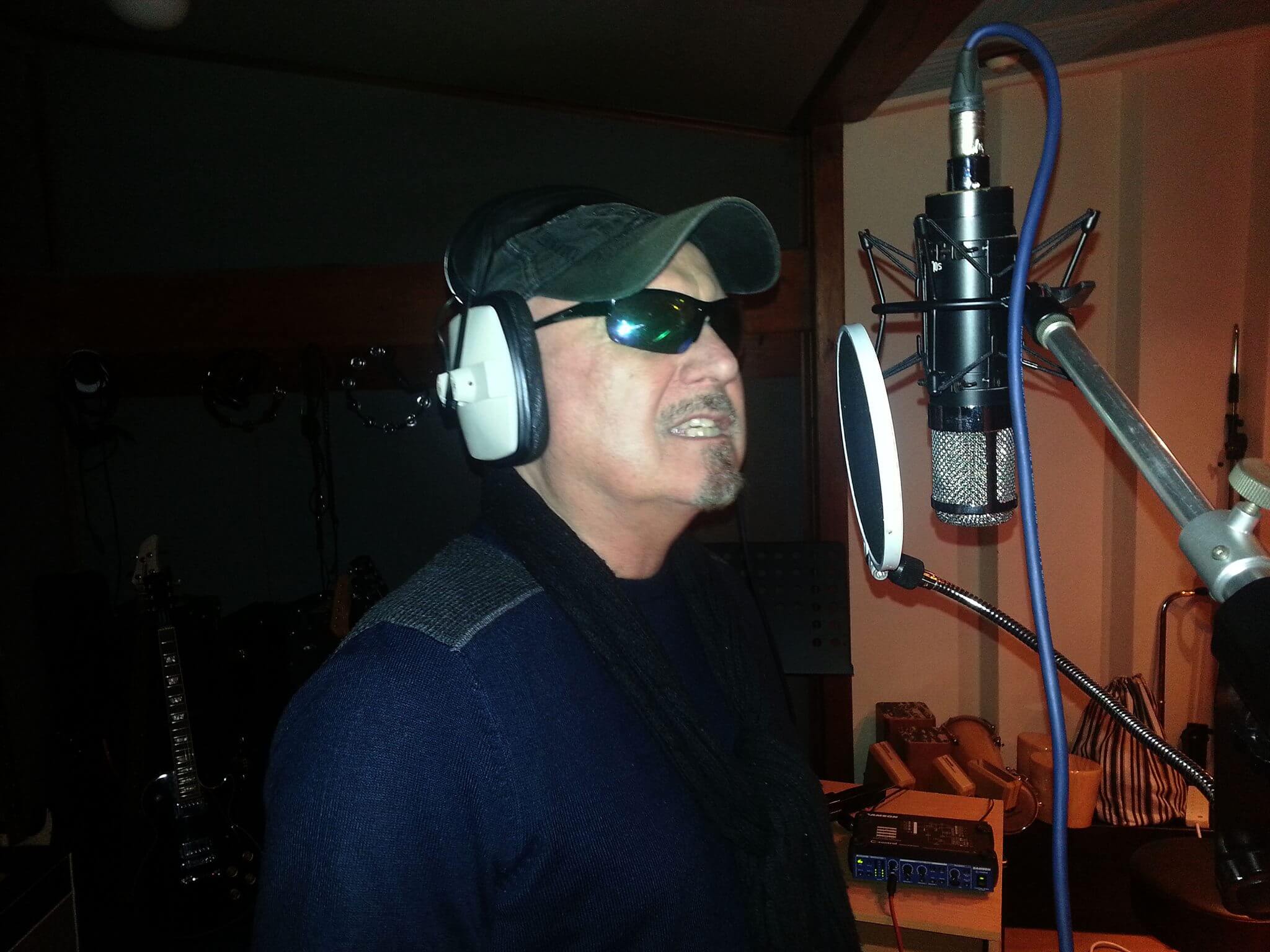
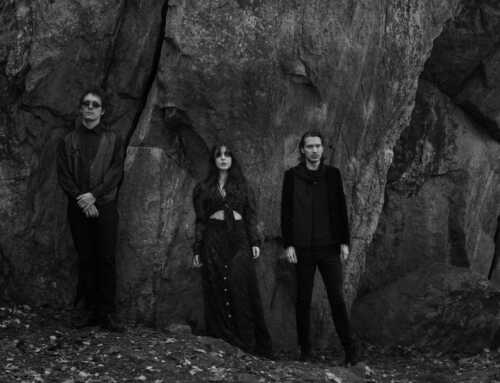
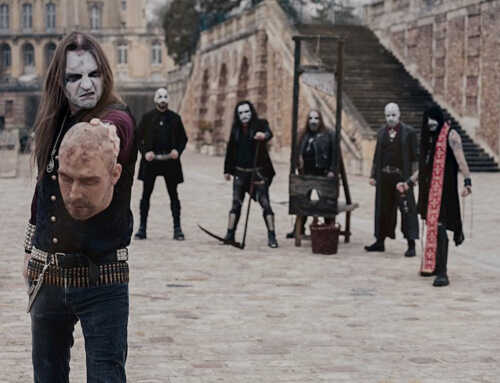
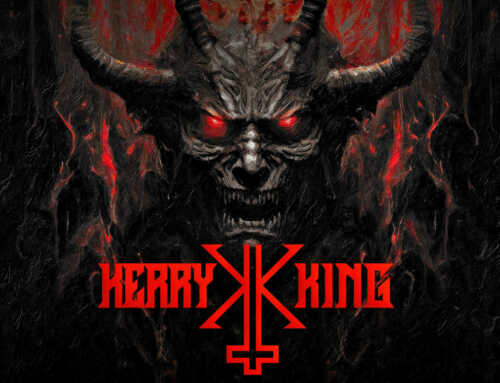
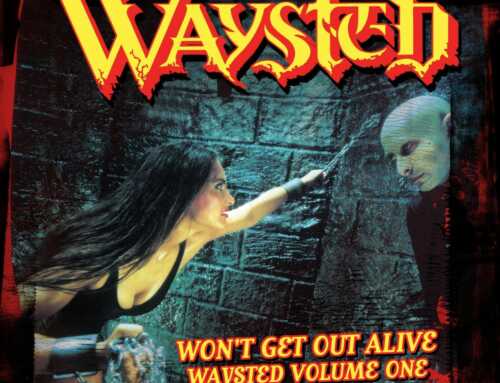
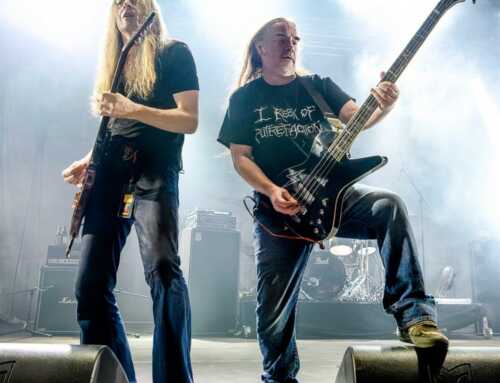
Leave A Comment